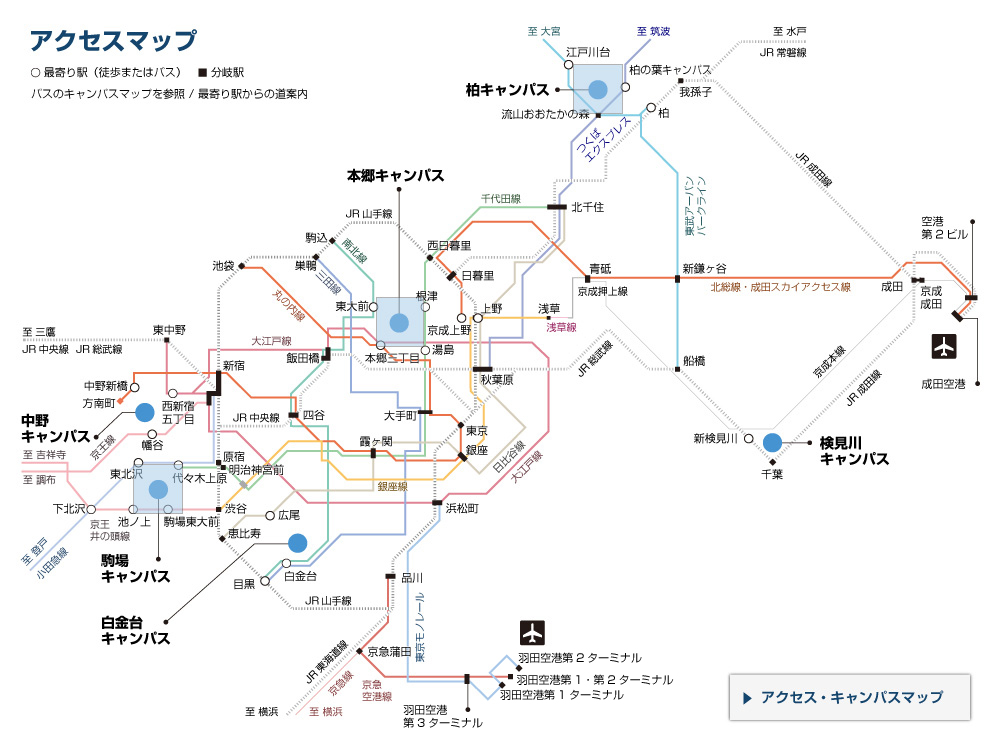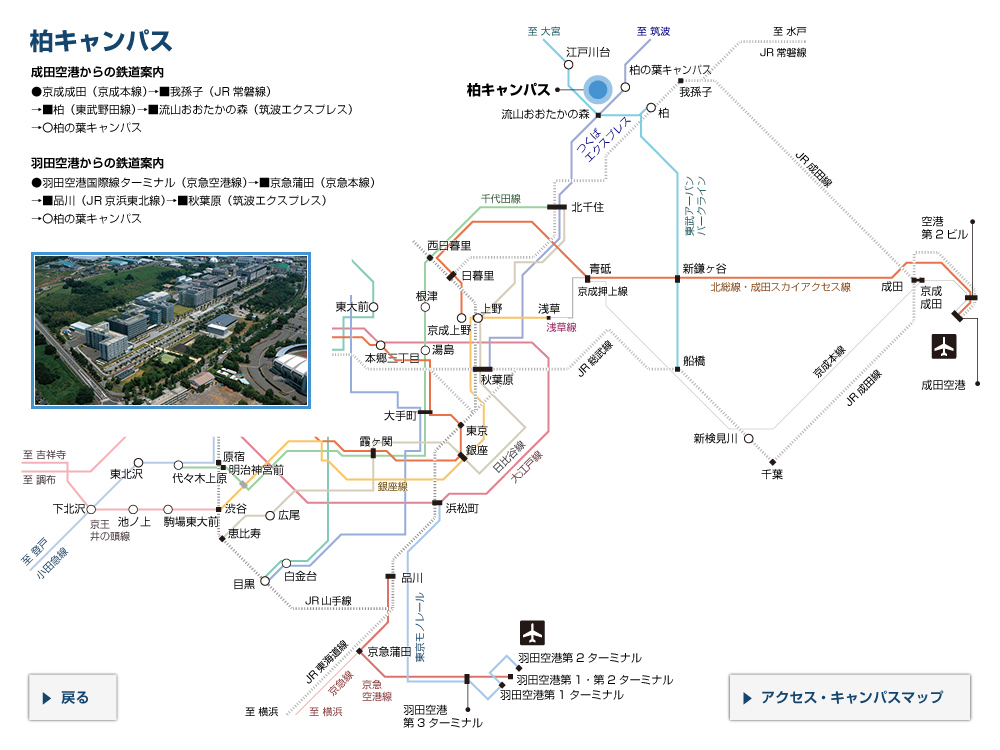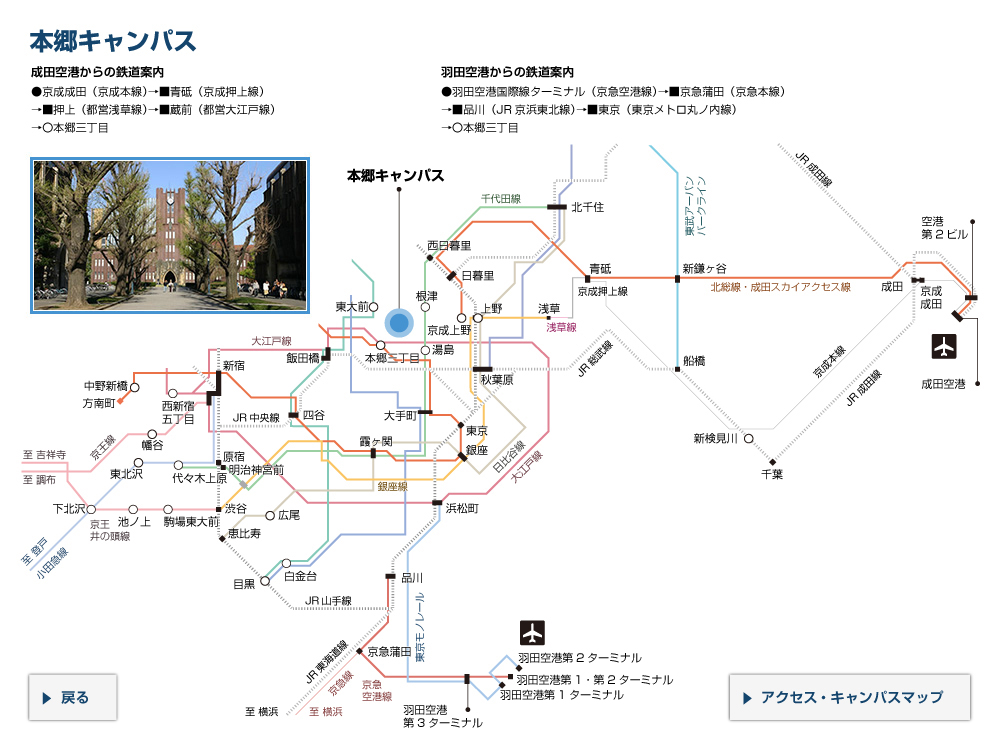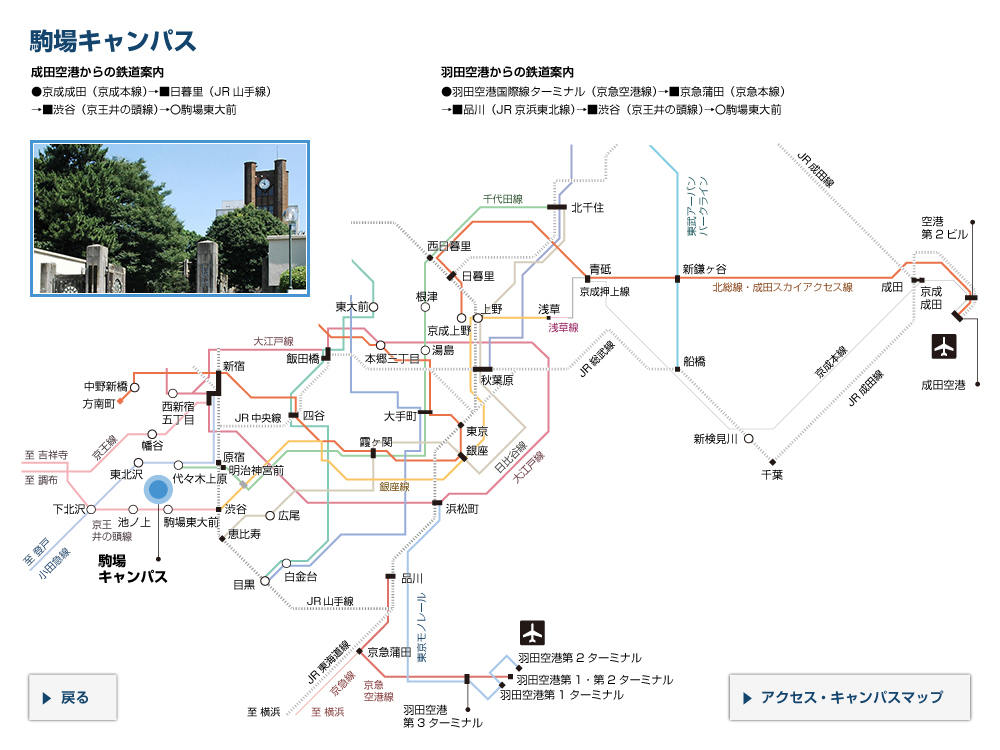"come"が「来る」でない時、「来る」が "来 lái"でない時
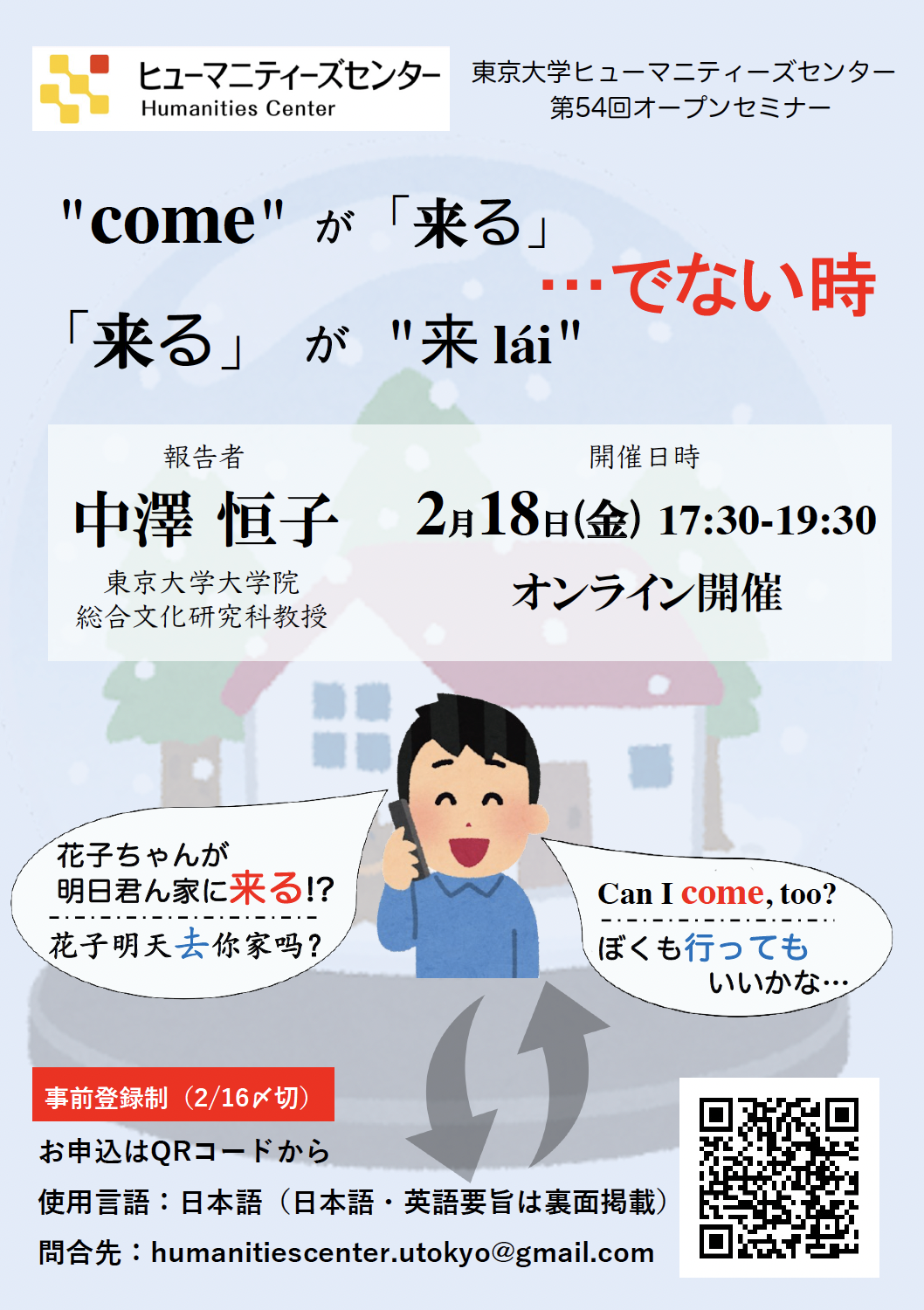
基本情報
| 区分 | 講演会等 |
|---|---|
| 対象者 | 社会人・一般 / 在学生 / 受験生 / 留学生 / 卒業生 / 企業 / 高校生 / 大学生 / 教職員 |
| 開催日(開催期間) | 2022年2月18日 17時30分 — 19時30分 |
| 開催場所 | オンライン |
| 参加費 |
無料
|
| 申込方法 | 要事前申込
こちらのページよりお申し込みください。 https://hmc.u-tokyo.ac.jp/ja/open-seminar/2022/54-come-kuru-lai/ |
| 申込受付期間 | 2022年2月10日 — 2022年2月16日 |
| お問い合わせ先 | 東京大学ヒューマニティーズセンター humanitiescenter.utokyo@gmail.com |
今回ご登壇の中澤恒子先生は、去年5月のHMCオープンセミナーで、「太郎が花子を裸で描いた:裸なのは誰?」を題に、「描写述語」や「結果述語」などの明示的に表現されない主語がどのように解釈されているかという法則性について議論しました。今回は「来る/come/lái」をキーワードに、日本語、英語、中国語、シベ語における直示移動動詞の使い分けを通して、それぞれの話者がどのように発話の世界を認知しているかを探ります。
報告者
中澤 恒子(東京大学大学院総合文化研究科 教授)
概要
空間移動を表す動詞「行く、来る」を英語にすると、「行く」が"come"に対応する場合があることに漠然と気付いている人は多いようだ。同じ動作でも、発話の状況によってそれを「行く、来る」のように区別して表現することを直示といい、他に「あげる、くれる」などがよく知られる。様々な言語を比較すると共通する直示動詞がない場合(たとえば「あげる、くれる」はおそらく日本語に特有の区別)や、「行く、来る」のように共通しているようで微妙に対応がずれる場合がある。
直示動詞の使い分けは、話者、動作主、位置、時など発話状況を構成するさまざまな要素によって決定されていて、特定言語の話者が(無意識に)それらの発話状況の要素をどのように認識し、分類しているかという世界観を反映している。この報告では、日本語、英語、中国語、シベ語における直示移動動詞の使い分けを通して、それぞれの話者がどのように発話の世界を認知しているかを探る。
As some people are vaguely aware, the Japanese motion verb iku "go" often turns out to be come when Japanese motion verbs iku "go" and kuru "come" are translated into English. Deixis is the distinction of expressions such as come and go depending upon a context of utterance while describing the same action. Other well-known examples are Japanese giving verbs ageru "give" (by the speaker) and kureru "give" (to the speaker). Some deictic verbs are unique to a specific language (the distinction of giving verbs mentioned above is probably unique to Japanese) while other deictic verbs are common across different languages while the correspondence is somewhat less than perfect.
The use of deictic expressions is determined by various elements that consist of a context of utterance such as a person, place and/or time. Thus, it reflects the way speakers of a specific language grasp the context and classify its elements. This report attempts to analyze through the choices of deictic motion verbs how speakers of different languages, Japanese, English, Chinese and Sibe, perceive the world.



